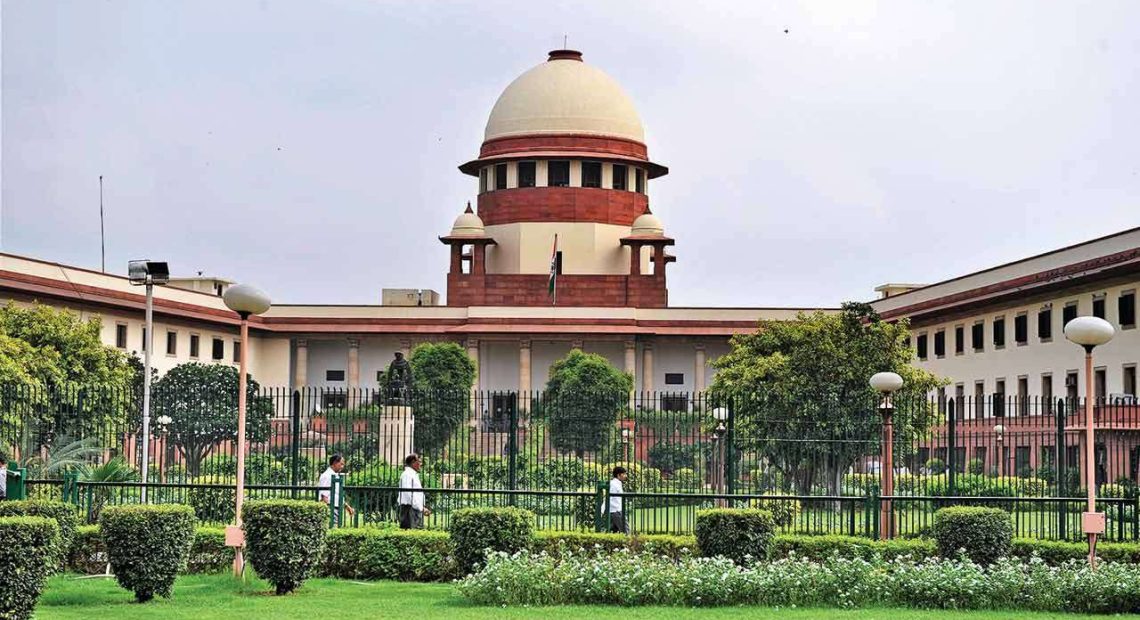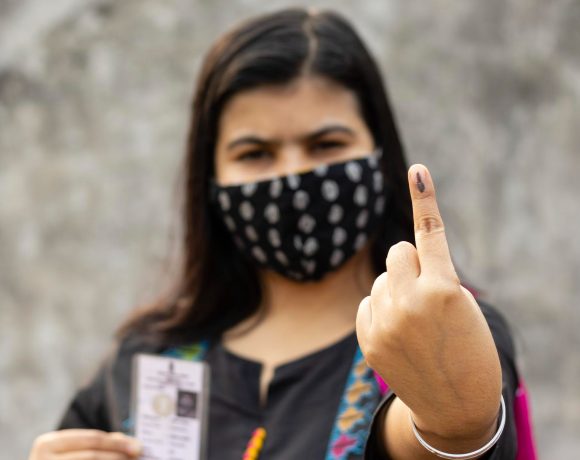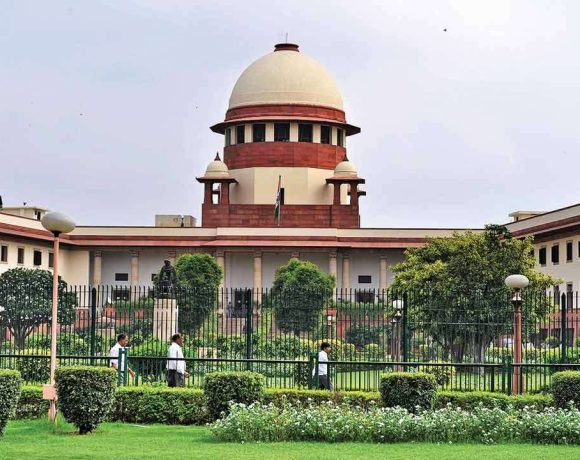
SC Clears Bihar Voter List Update, Seeks Aadhaar, Ration Card Inclusion
The Supreme Court has permitted the continuation of the Special Intensive Revision (SIR) of electoral rolls in Bihar but has urged the Election Commission of India (ECI) to expand its list of accepted identity documents to include Aadhaar, EPIC (voter ID), and ration cards. The court’s decision balances the urgency of maintaining accurate voter rolls with the constitutional right to vote, especially ahead of the state’s upcoming elections.
Bihar Voter List
A two-judge bench comprising Justices Sudhanshu Dhulia and Joymalya Bagchi ruled that the ECI’s revision of electoral rolls is within its constitutional mandate under Section 21(3) of the Representation of the People Act, 1950. However, the court emphasized that this authority must be exercised with fairness, especially given the proximity of the revision to the scheduled elections.
While dismissing calls for a stay on the voter roll revision process, the bench made it clear that the exercise should not inadvertently disenfranchise eligible citizens. It reminded the Commission that while the law permits revisions, the practical implementation must be inclusive and transparent.
Aadhaar as Proof
One of the court’s key interventions was to advise the ECI to consider adding widely held documents like Aadhaar cards, EPICs, and ration cards to the acceptable proof of identity list. The court noted that these IDs are commonly used by the population and excluding them may impose unnecessary hardship, especially on marginalized voters.
Although the ECI had released a list of eleven acceptable documents, the exclusion of Aadhaar and ration cards had led to criticism and legal challenges. The Supreme Court clarified that the list is illustrative, not exhaustive, and recommended that the ECI revisit its decision or provide clear reasons for any continued exclusion.
ECI Response & Next Steps
The ECI has been asked to file a detailed affidavit explaining its selection of documents by July 21. The matter will be heard again on July 28, allowing time for the Commission to justify its policies ahead of the expected release of the draft electoral rolls around August 1.
Petitioners including political leaders and civil society organisations had argued that the current process could disproportionately affect the poor and rural voters, especially those who might lack access to the listed documents. They also raised concerns about exemptions granted to high-profile individuals, which they said could create a perception of unequal treatment.
The court has not yet ruled on the core legality of the SIR process but has laid down three guiding questions: whether the ECI has the power to initiate such a revision, whether it has followed lawful procedures, and whether its timing is justifiable given the election calendar.


















